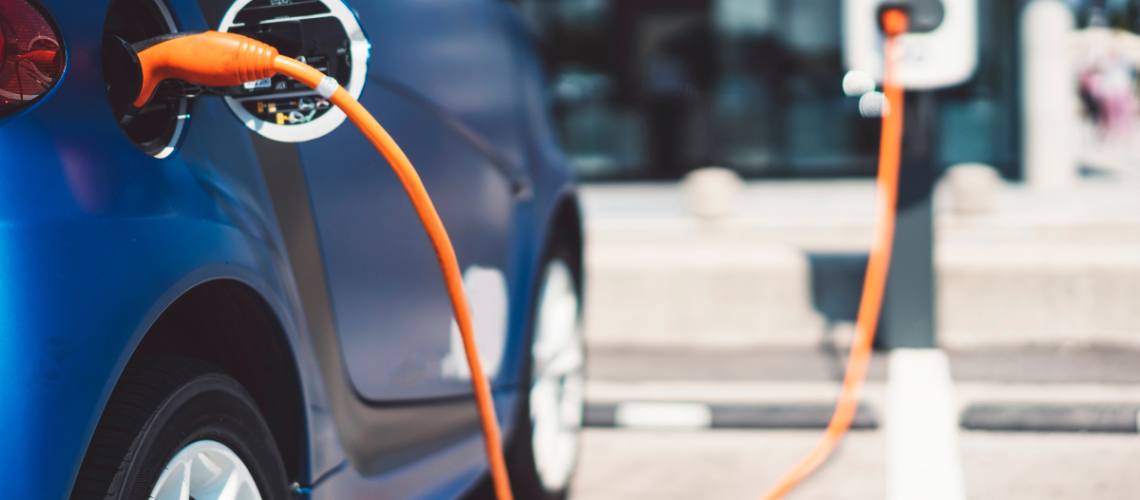
Amazing Tips for Preparing Your Vehicle for the Winter Season
Whether you’re a seasoned rider or a newbie adventurer, proper preparation is key to ensure a safe and enjoyable journey. Learn these essential motorcycle trip tips.

Electric cars (EV’s) have gained quite some hype over the past decade. The trend has led to a majority of car manufacturers releasing models, both hybrid and fully electric. With all of the talk surrounding these vehicles, many potential buyers are wondering whether or not it’s a good time to switch to an EV. Here are some pros and cons of driving an electric car. Hopefully they help you decide!
With the electric engine replacing standard gas engines, there are many performance benefits included. EV’s have a much faster 0-60mph time, meaning the engines are very responsive. Electric cars offer serious performance, across a wide variety of models. Even though they are quick cars, make sure you always drive safe and obey the laws of the road!
Electric engines have much less parts associated with their construction compared to gas engines. That means there are less things that can break/go wrong! With less parts, there is less wear and tear on the engine and they typically end up lasting much longer.
Because EV’s use electricity as their “fuel” source, much more of the energy source is converted to power the car than comparable gas engines. Electric engines convert nearly 77% of energy as a fuel source, compared to 12-30% for gas engines (US Government, 2022). Essentially, you get more for your money when it comes to fuel by switching to electric.
There are both federal and state tax incentives for owning an electric car. As of 2022, there is a federal tax credit up to $4,000 for used electric vehicles, as well as a credit of up to $7,500 on new EV’s (Consumer Report, 2022). That’s a solid chunk of change! The incentives are increased further when combined with state level credits. New York State, for example, provides a credit of up to $2,000 for new EV purchases.
Electric vehicles are starting to be more and more available to the masses, but the market is still in its early stages. Because of this, the upfront costs for EV’s are pretty high when compared to their gas-operating counterparts. This can turn some potential buyers away, and understandably so, but if you take into consideration the yearly tax incentives (that will likely increase year by year), you really aren’t overpaying in the long run. Combine that with the reduced maintenance costs of EV’s and you will start to see electric cars aren’t as costly as it seems.
EV’s have a shorter driving range than traditional gas cars. Electric models have an average travel distance of 200 miles on a single charge. Gas cars, on the other hand, travel around 300 miles on average on a full tank.
If you are someone that’s on the road a lot, an electric car might not be your best option at this point. Charging station times are improving every year as well as the driving range of EV’s, but we are still a few years away from EV’s reaching the range of gas cars.
Electric cars take some time to recharge. The standard EV takes around 8 hours to fully recharge (Pod Point, 2021). With that said, the introduction of rapid chargers to the market has made recharging much more convenient for many drivers. Depending on the model of car and battery size, rapid chargers can fully charge in 15-25 minutes (Kelley Blue Book, 2022). Compared to the minimal time of refueling a gas engine, that’s still a bit of an inconvenience!
Although charging station numbers are going up pretty rapidly, there are still limited options for EV drivers at the moment. If you live in a less populated area, charging station locations will be pretty hard to come by. Currently, there are only 6000 fast charging stations in the US (US Department of Energy, 2022), compared to the 150,000+ gas fueling stations in this country (American Petroleum Institute, 2022).
Besides the lack of charging stations, there is also the threat of power outages and an unreliable grid. We are already seeing issues with electric car drivers on the west coast, where the power grid can not keep up with electricity demand. Until these grid issues can be solved, electric cars will have a less reliable “fuel” source.
Ultimately, the decision to drive an electric car comes down to your individual situation. Whether you decide an EV would be best, or prefer to stick with gas cars for now, it’s still important to have the proper auto insurance coverage for your needs. Our agents at TFG Home & Auto can help with that! Call us at (855) 834-2886, or fill out our complimentary review.

Whether you’re a seasoned rider or a newbie adventurer, proper preparation is key to ensure a safe and enjoyable journey. Learn these essential motorcycle trip tips.

Whether you’re a seasoned rider or a newbie adventurer, proper preparation is key to ensure a safe and enjoyable journey. Learn these essential motorcycle trip tips.

Meet Alec Toth, the newest member of our team here at TFG Home & Auto! Alec is a Sales Representative, responsible for reviewing home, auto, umbrella, recreational vehicle and landlord policies.

SHARE THIS POST Winter weather brings hazardous conditions to the roads. Driving in the winter time can cause some anxiousness, and rightfully so! Weather-related car accidents are responsible for more deaths in the US than large-scale weather disasters like hurricanes,

Meet Alec Toth, the newest member of our team here at TFG Home & Auto! Alec is a Sales Representative, responsible for reviewing home, auto, umbrella, recreational vehicle and landlord policies.

SHARE THIS POST As a homeowner, you are aware of the many threats harsh winter weather brings. The severe conditions can cause a lot of damage to your home if you aren’t careful, and that’s why we are here to